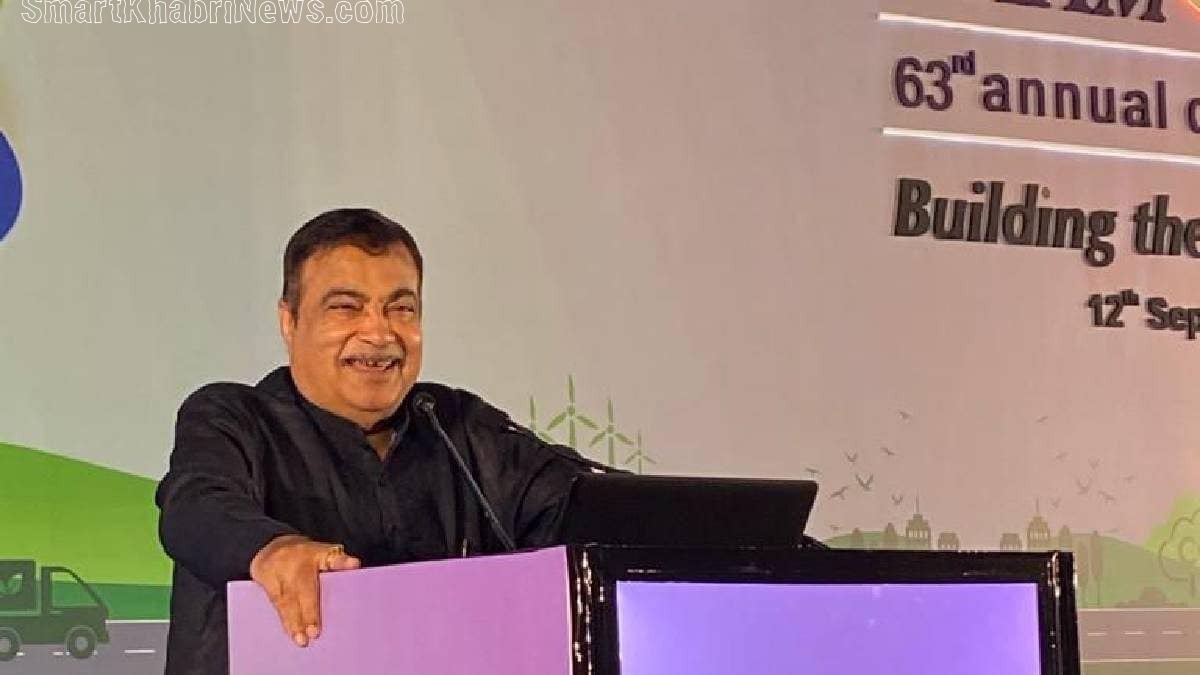During the SIAM 63rd Annual Convention in Delhi, Union Minister for Road, Transport and Highways, Nitin Gadkari, made a significant proposal aimed at tackling pollution. He suggested the implementation of a 10 percent additional GST on diesel vehicles in India, referring to it as a “pollution tax.” Mr. Gadkari also shared his aspirations for India to become the world’s leading automobile manufacturer under Prime Minister Modi’s leadership.
The Vision for India’s Automobile Industry
Speaking at the convention, Nitin Gadkari expressed his confidence in India’s ability to become the top player in the global automobile market. He stated, “We should aim at becoming the world’s No. 1 automobile manufacturer, and I am confident of achieving the target under PM Modi’s leadership. However, there is a hurdle; in order to become competitive in the global market, we will have to cut down our logistic costs.”
Progress and Growth
Addressing the audience at #SIAMAC23, he proudly announced, “In 2014, the automobile industry was at the 7th position, but now due to your support, we are now at the 3rd position.” This acknowledgment highlighted the significant strides made by India’s automobile sector in recent years.
Transition to Cleaner Fuels
Shri Nitin Gadkari, the Hon’ble Union Minister, further emphasized the need for a transition from diesel and petrol to biofuels, alternative fuels, and other sustainable energy sources for mobility. This shift aligns with global efforts to reduce carbon emissions and combat air pollution.
However, shortly after these statements, Nitin Gadkari issued a clarification on his official social networking account, addressing the reports about the proposed GST hike on diesel vehicles.
“There is an urgent need to clarify media reports suggesting an additional 10% GST on the sale of diesel vehicles. It is essential to clarify that there is no such proposal currently under active consideration by the government. In line with our commitments to achieve Carbon Net Zero by 2070 and to reduce air pollution levels caused by hazardous fuels like diesel, as well as the rapid growth in automobile sales, it is imperative to actively embrace cleaner and greener alternative fuels. These fuels should be import substitutes, cost-effective, indigenous, and pollution-free.”
While Mr. Gadkari initially proposed the additional GST as a pollution tax, it appears that the government is not actively considering this proposal at the moment. Instead, the focus remains on promoting cleaner and more sustainable fuel options to address environmental concerns.
